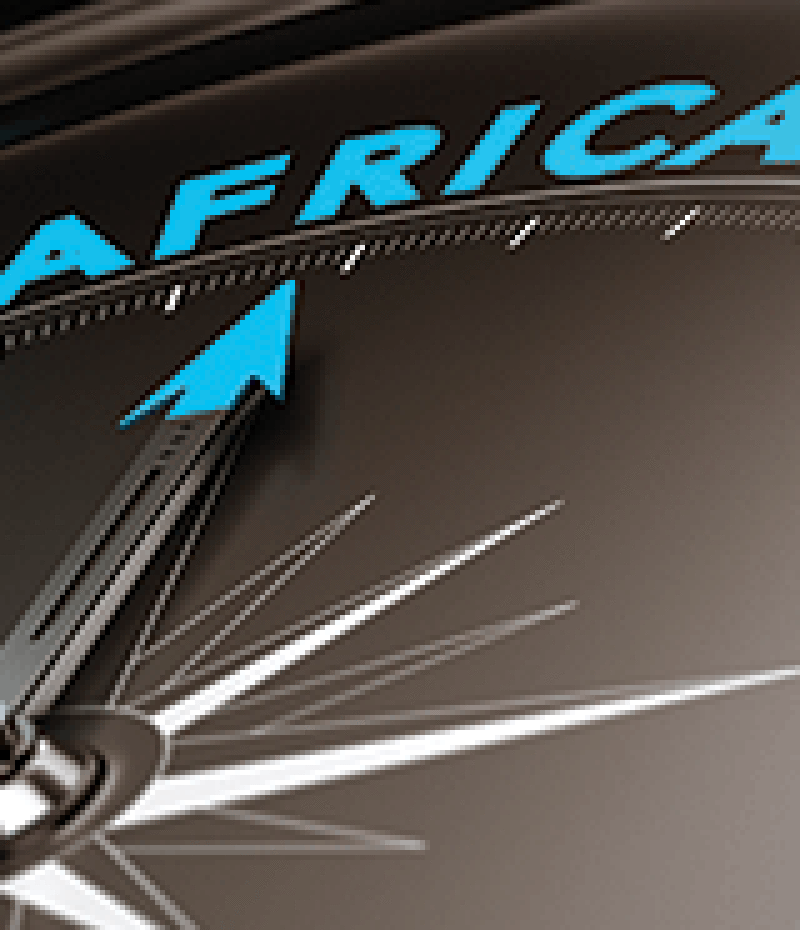At the beginning of February, president John Mahama announced that an IMF deal with Ghana, which began in September, will be finalized by March.

|
President of Ghana |
However, analysts expect a deal will be delayed as the government struggles to keep in place austerity measures ahead of the elections.
“With elections in 2016, adherence to austerity measures becomes difficult,” says Philippe de Pontet, head of Eurasia Group’s Africa practice. "Ghana may not meet all of the conditions set out by the IMF and could see delays in certain tranches even if a deal is reached sooner rather than later.
“The IMF deal being negotiated now should aim to act as a safeguard to ensure that Ghana continues to make progress when it comes to austerity and reform, even though the country’s track record indicates otherwise.”
The head of trading at a bank in Ghana adds: “An IMF programme should have been agreed on by December, so things have already been delayed once, so there is nothing to say that further delays won’t occur.”
For an IMF deal to come to fruition, there needs to be a deal approved at the staff level subject to ratification by the IMF board. To date, no agreement has been finalized at the staff level.
“The longer it takes to strike a deal at staff level, the longer we will have to wait for the board to approve the programme," says Carmen Altenkirch, director of sub-Saharan Africa sovereigns at Fitch Ratings. "With a staff level agreement still not reached, we don't think a deal will be struck before April at the earliest.”
Fitch placed Ghana's B rating on negative outlook in March as a result of the deteriorating external and fiscal balance, as well as highlighting the increasing challenge and cost of financing the deficit.
During the past year, the cedi has depreciated 31% and by December inflation rose to 17%. Meanwhile, the country is suffering from a considerable twin deficit, with a current-account deficit at 13.2% and a fiscal deficit at 9.6%.
The government is trying to clean up the number of ghost workers on its books, but it may not be moving fast enough Head of trading |
There still remains little clarity when it comes to the terms of the deal, says one London-based African markets analyst. “Figures between $800 million and $1.5 billion in either a one-off payment or over three years have been mentioned, but no one is sure,” he says.
Austerity measures have been put in place to ease pressure on the budget and to placate the IMF.
The wage bill – one of the biggest burdens on government spending – has been cut from 59% of total spending in 2013 to 49% in 2014. The government has also set up an inter-ministerial committee to tackle the high number of ghost workers on the government payroll eating into revenues. In December, the EU suspended budget support to Ghana citing ghost workers as one of the main problems to Ghana’s fiscal position.
“The government is trying to clean up the number of ghost workers on its books, but it may not be moving fast enough,” says the head of trading.
Fuel subsidies – which are frequently removed to reduce the budget deficit and subsequently reintroduced to ease social instability – are another huge burden on the economy. In July, fuel subsidies were reduced after a hike in April after pressure from the IMF. Within three months, the $85 million extra was spent by the government.
History repeating
Historically, Ghana’s elections usually coincide with fiscal slippage as government spending is ramped up in a bid to win votes.
After Ghana’s election in 2012, the country’s budget deficit hit nearly 12% of national output as Mahama’s National Democratic Congress – fighting to maintain power after the sudden death of the party’s leader John Atta Mills – pumped money into fuel subsidies and government wages to sway the electorate.
Further reading |

|
Ghana’s last bailout by the IMF, a three-year extended credit facility for $600 million in 2009 which was due to finish in June 2012, was extended until December 2012 and coincided with Ghana’s election.
Many of Ghana’s economic woes are a hangover from overspending during the 2012 election and the current collapse in commodity prices globally, which have reduced revenue from Ghana’s gold and cocoa exports.
Since the drop in commodity prices, African Eurobonds have been trading wider.
“Ghana’s Eurobonds have been the highest yielding in emerging markets, and investors have been playing the debt as a carry,” says Samir Gadio, head of Africa strategy at Standard Chartered.
According to data from Bloomberg, spreads over US Treasury Bills for Ghana’s 2026 bonds declined from 840 basis points in late January to around 687bp presently.
“Once an IMF deal has been set, we should see a compression on Ghanaian Eurobonds,” says Gadio.